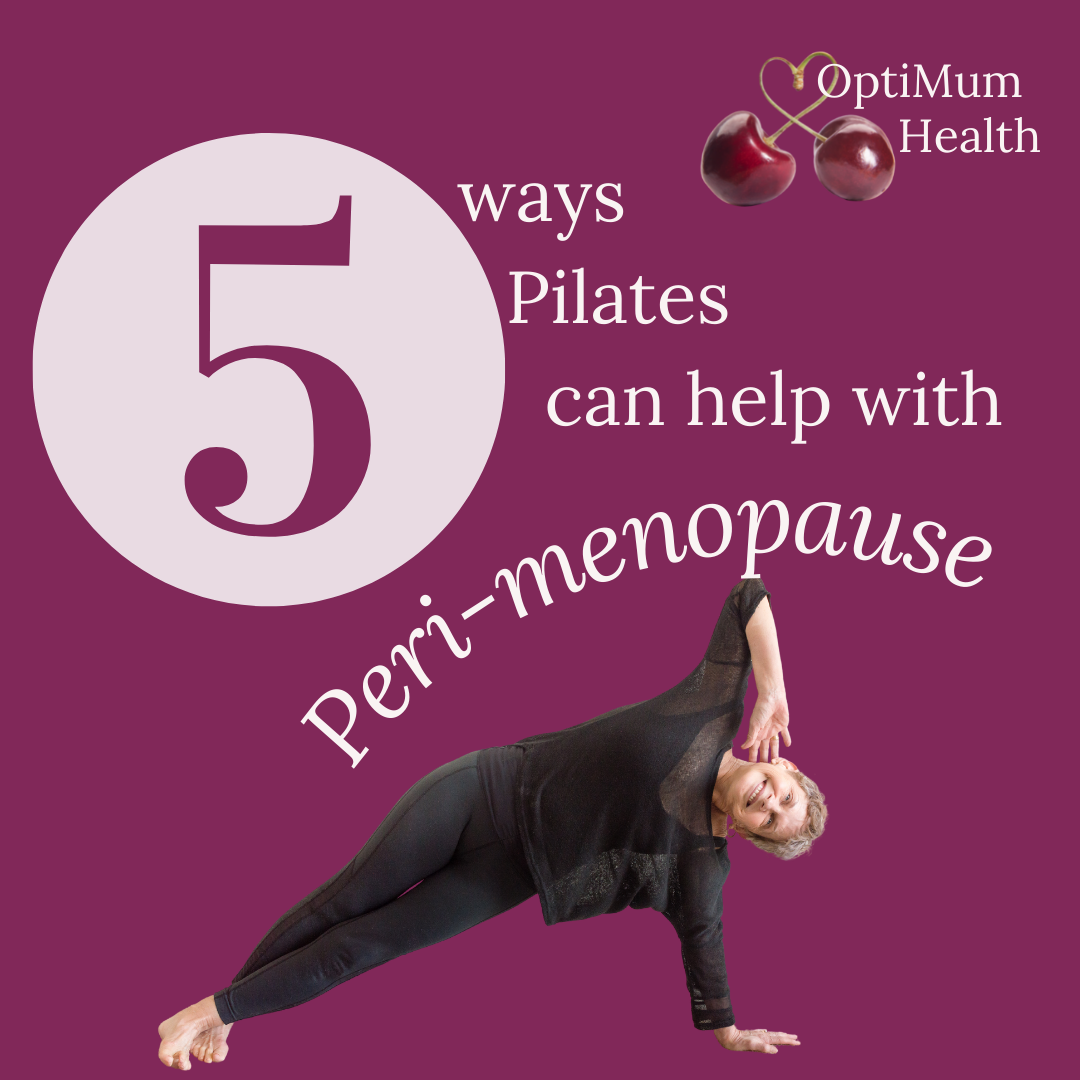I’ve just sat and watched the weather report for tomorrow, beginning to end….but I have absolutely no idea what the weather is going to be like tomorrow…my mind was elsewhere. It’s not uncommon. When you have things on your mind, that’s what your mind focusses on rather than what’s happening around you – if you let it.

Mindless eating and weightloss
The same can happen when you are eating. Have you ever sat with a friend having a catch up in a coffee shop and devoured a cake without even tasting it? Or shared an extra large carton of popcorn at the cinema, to find most of it has gone well before you are half way through the film but still felt surprised at feeling the empty bottom of the bag? Or met with friends for a quick drink on a Friday night to realise the next morning you’d sunk 2 bottles of wine between the 2 of you? It’s the same principle. Your mind is full of either events of the day, the company you are in or any other factor, removing your ability to be mindful of what you take in.

Take it a step further and think about where you eat each of your meals. Do you grab lunch and eat it as you carry on working? Maybe you’re not working but, chances are that if you eat it at your desk, you’re reading something or surfing the net at the same time.

What about your evening meal? It has become more and more common for people to eat in front of the TV, dinner on their lap. You can even get trays with cushions on the back to make this experience more comfortable! So what’s the issue with this?

How does it work?
Not being mindful of what we eat means we tend to eat more than we need to. We take much less notice of the taste, texture and quality of the food we eat. Our senses effectively become de-sensitised from the eating experience. Ultimately, this can mean, amongst other things we salivate less.
Saliva plays a key role in starting the digestive process for certain food components so the fact that we are producing less saliva, by not being present in the eating experience, means our body becomes less efficient at digesting our food.
Secondly, think about your posture in each of these positions compared with sitting and eating at a kitchen/dining room table. Eating in a cramped up position again compromises digestive transit and can lead to indigestion related sensations after eating.
More than this though, by distracting our brain from the task of eating we potentially override the signals our body gives us to tell us we are full – meaning we eat more than we need to, and yet still feel hungry relatively shortly afterwards because our brain was not fully present during the course of the meal.

Tips for using mindfulness to lose weight
If you are seeking to improve your body composition then it is worth paying some attention to the action of being mindful of what you eat. Make your own food where possible as the food preparation process engages the senses of sight and smell which can activate the digestive system in preparation for eating. Before you start to eat your meal, take a bit of time to look at your food – the colours, textures and combinations.
Concentrate on chewing. You may want to count the number of times you chew each mouthful initially. Take time to appreciate the taste and texture of the food and think about how it makes you feel. Listen to your body and question whether you need to eat further mouthfuls or whether you are actually full already. Do you really need a pudding?

More than anything, take your time over each meal, dedicate your senses to it away from distractions of computers, television and your phone whenever and as often as you can. If you do, your body will thank you and you’ll feel better for it.
What could you do next?
If you’d like to know more about how mindfulness could
- support your weightloss goals
- improve your exercise performance and results
- reduce that feeling of pressure and anxiety
then please get in touch with Lisa here.
Lisa is a female health coach specialising in post-natal & pre-menopausal health, fitness and wellbeing.

